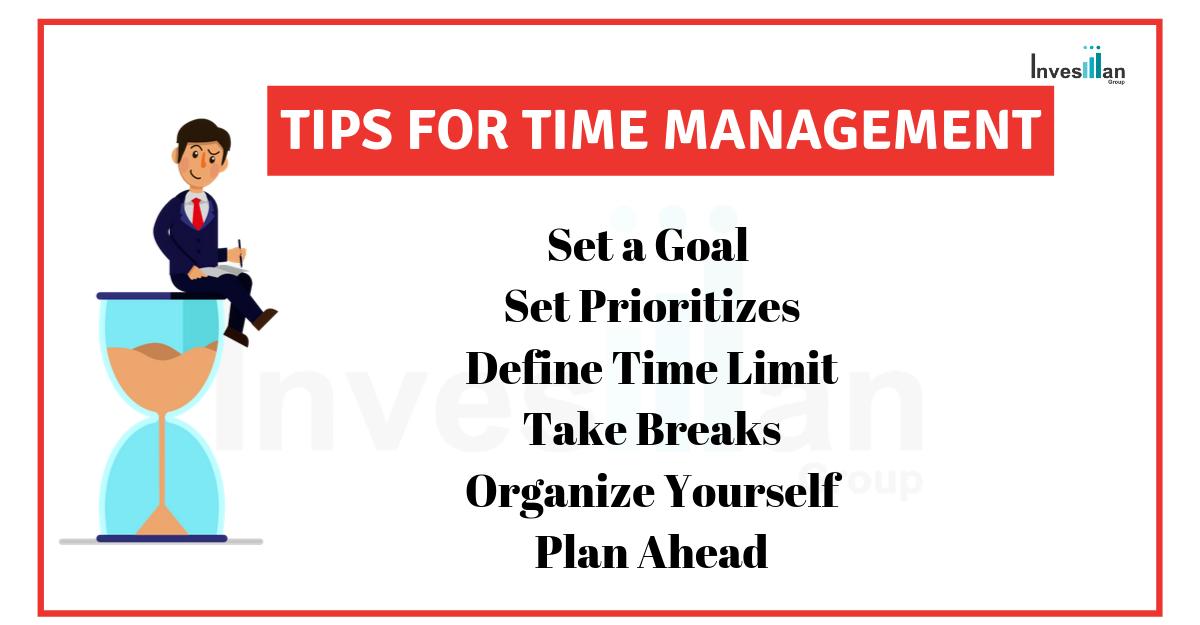
If you are considering a career in supply chain management, there are several factors you should consider. There are many supply chains and each industry has its own supply chain. If you're interested in working for wholesale or retail companies, a supply-chain manager at a manufacturing business would not be the right fit.
A successful supply chain manager is characterized by certain characteristics
Successful supply chain managers are open-minded learners who are willing to try new things and adapt to changing environments. They can quickly grasp the nuances of a problem, and they use their failures to help them improve. They love to tackle new tasks and they can grasp the essence quickly. Their curiosity and insatiable hunger for knowledge fuels their passion to learn more.
While supply chain managers cannot become micromanagers they must excel at strategic risk-taking. While risks are an inevitable part of growth, they should be supported by data. This requires you to be strategic and analytical, not reactive. Flexibility can be a hinderance to your success. It can also cause frustration for supply chain managers.

Management of a supply network is complex and changing. So, supply chain managers should be well-versed in market trends and be ready to adopt new technology. They should also be able and able to communicate effectively with people with advanced technical knowledge.
The requirements for a bachelor's in supply chain management
A bachelor's degree for supply chain management provides students with a foundation in leadership, strategic management and business administration. This degree also gives students the ability to use common software programs. An accredited undergraduate degree program in supply chain administration is very affordable. In 2020, in-state students paid an average of $105,560 per a year for a full program at four-year public universities, as compared to $37.650 at a private university. Financial aid can reduce this amount and federal student loans can help you finance your degree.
An accredited university may offer an online degree in supply-chain management. This can be a great option. This program includes coursework on international supply chains, global supply chains, and business decision-making. The program also covers operational strategies, sustainability in global supply chain and business decision-making. The cost of the program is about $688 per credit hour.
What are the typical duties of a supply manager?
The organization and management of a company’s supply-chain is the responsibility for supply chain managers. They plan the flow of products, manage inventory, and create and implement processes to keep costs down. They also manage third-party logistics companies, identify waste, perform environmental performance assessments, and handle other administrative tasks. They create monthly, weekly, or daily reports based on their performance metrics.

Most supply chain managers work forty hours per semaine and are often located in business settings, sometimes far from the manufacturing floor. The role requires extensive knowledge and understanding of all aspects within the business, including operations and the internal processes. They typically must be comfortable working with people and data. If you love following through and implementing procedures, then a career in supply chain management could be for you.
A supply chain manager earns slightly more than a director in procurement. However, the two roles require similar skills, knowledge and abilities in logistics, procedures, as well as customer service.
FAQ
What is Kaizen and how can it help you?
Kaizen refers to a Japanese term that stands for "continuous improvements." It is a philosophy which encourages employees in continuously improving their work environment.
Kaizen is a belief that everyone should have the ability to do their job well.
What are your main management skills
Management skills are essential for any business owner, whether they're running a small local store or an international corporation. These skills include the ability of managing people, finances, time, space, and other factors.
Managerial skills are required when setting goals and objectives and planning strategies, leading employees, motivating them, solving problems, creating policies, procedures, or managing change.
As you can see there is no end to the number of managerial tasks.
How can a manager enhance his/her leadership skills?
Good management skills are essential for success.
Managers must continuously monitor the performance levels of their subordinates.
You should immediately take action if you see that your subordinate is not performing as well as you would like.
It is essential to know what areas need to be improved and how to do it.
It can sometimes seem difficult to make business decisions.
Complex systems with many moving parts are the hallmark of businesses. Their leaders must manage multiple priorities, as well as dealing with uncertainty.
Understanding the impact of these factors on the system is crucial to making sound decisions.
It is important to consider the functions and reasons for each part of the system. Next, consider how each piece interacts with the others.
It is also worth asking yourself if you have any unspoken assumptions about how you have been doing things. You might consider revisiting them if they are not.
Asking for assistance from someone else is a good idea if you are still having trouble. They may see things differently from you and have insights that could help you find a solution.
What is TQM exactly?
The quality movement was born during the industrial revolution when manufacturing companies realized they could not compete on price alone. They needed to improve the quality and efficiency of their products if they were to be competitive.
To address this need for improvement management created Total Quality Management (TQM) which aimed to improve all aspects of an organization's performance. It included continuous improvement processes, employee involvement, and customer satisfaction.
How do we build a culture that is successful in our company?
A company culture that values and respects its employees is a successful one.
It's built on three fundamental principles:
-
Everyone has something to contribute
-
People are treated fairly
-
Individuals and groups can have mutual respect
These values are reflected by the way people behave. They will treat others with kindness and consideration.
They will listen respectfully to the opinions of others.
They will also encourage others to share their ideas and feelings.
In addition, the company culture encourages open communication and collaboration.
People can freely express their opinions without fear or reprisal.
They understand that errors will be tolerated as long they are corrected honestly.
Finally, the company culture promotes honesty and integrity.
Everyone understands that the truth is always best.
Everyone understands there are rules that they must follow.
Nobody expects to be treated differently or given favors.
What role does a manager play in a company?
Each industry has a different role for a manager.
Managers generally oversee the day-today operations of a business.
He/she ensures the company meets its financial commitments and produces goods/services that customers demand.
He/she is responsible for ensuring that employees comply with all regulations and follow quality standards.
He/she oversees marketing campaigns and plans new products.
Statistics
- UpCounsel accepts only the top 5 percent of lawyers on its site. (upcounsel.com)
- As of 2020, personal bankers or tellers make an average of $32,620 per year, according to the BLS. (wgu.edu)
- Your choice in Step 5 may very likely be the same or similar to the alternative you placed at the top of your list at the end of Step 4. (umassd.edu)
- Our program is 100% engineered for your success. (online.uc.edu)
- This field is expected to grow about 7% by 2028, a bit faster than the national average for job growth. (wgu.edu)
External Links
How To
How do I get my Six Sigma certification?
Six Sigma is a tool for quality management to improve processes and increase efficiency. It is a process that helps businesses achieve consistent results in their operations. The name "Sigmas" comes from the Greek words "sigmas", meaning "six". Motorola invented this process in 1986. Motorola recognized that they had to standardize their manufacturing processes to produce faster and more affordable products. They had been having problems with consistency because of the many different people who were doing the work. They decided to use statistical tools like control charts and Pareto analysis to solve the problem. They would then apply these techniques to all aspects of their operation. This would allow them to make any necessary changes. When you are trying to obtain your Six Sigma certification, there are three steps. First, you need to determine if your qualifications are valid. You'll want to take some classes and pass them before you start taking any tests. After passing the classes, you will be able to take the tests. You'll need to go back and review all the information you received in class. Once you have completed the class, you will be ready for the test. If you pass, then you will become certified. Finally, your certifications will be added to your resume.